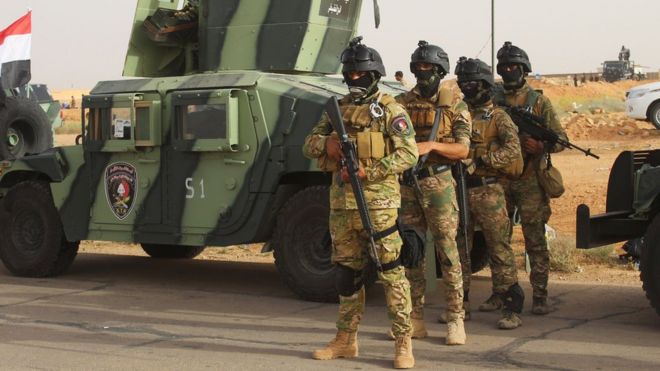By Cintia Garcia
Impunity Watch Reporter, South America
Bogota, Colombia— On Sunday March 15 in Havana, Cuba, the government of Colombia and the Revolutionary Armed forces of Colombia (FARC) reached an agreement to release child soldiers from the FARC’s ranks. Both parties have agreed to release all children under the age of 15 from FARC, and FARC has agreed that they will no longer recruit children within this age range. In addition, the government of Colombia and FARC will develop a plan to release child soldiers under the age of 18. Furthermore, the agreement also proposes the creation of a reintegration plan that will assist in transitioning the child soldiers into society.

The priority of the government of Colombia is to ensure the safety and the release of any child under the age of 15. FARC will assist the government of Colombia in finding and identifying any child who falls within this age group for their departure from the non-state military. Although FARC claimed it only had knowledge of 20 children under age 15 currently serving FARC, it has been confirmed that 170 children will be released. Upon the release of the child soldiers, FARC has asked the government of Colombia to not prosecute the child soldiers for crimes they have committed and provide them with “Victim Status.” About 100 boys and 70 girls will be released to UNICEF.
According to UNICEF, since 2013, the number of children soldiers that have been killed or injured under FARC has dropped by 40%. Additionally, in the past 17 years 60% of the 6,000 children that have left the rebel military belong to FARC.
UNICEF has been an integral partner during the peace talks in ensuring the children of FARC are reintegrated with their families and into society. UNICEF representative, Roberto de Bernardi, announced that UNICEF “stands ready to support the release of all children and their reintegration into their families and communities, in accordance with national and international law.”
The historic announcement comes amidst three years of peace talks between the government of Colombia and FARC. The peace talks are being held in Havana, Cuba with the goal of reaching a cease fire by the end of this year. FARC is the most mobilized rebel group in Colombia. Since the peace talks began, the number of fighters within FARC has reduced to about 8,000 through the voluntary disarmament, demobilization and reintegration program.
For more information, please see:
BBC – Colombia and Farc Rebels Agreed Child Soldier Deal—16 May 2016
Colombia Reports—Farc to Release 170 Child Soldiers: Colombia’s Defense Minister—19 May 2016
New York Times—Colombia and FARC Rebels Reach a Deal to Free Child Soldiers—15 May 2016
Newsweek—FARC Rebel Rehab Hopes to Create Lasting Peace in Colombia—24 April 2016
UNICEF—UNICEF Welcomes FARC’s Announcement to Release all Children in its Rank—16 May 2016






